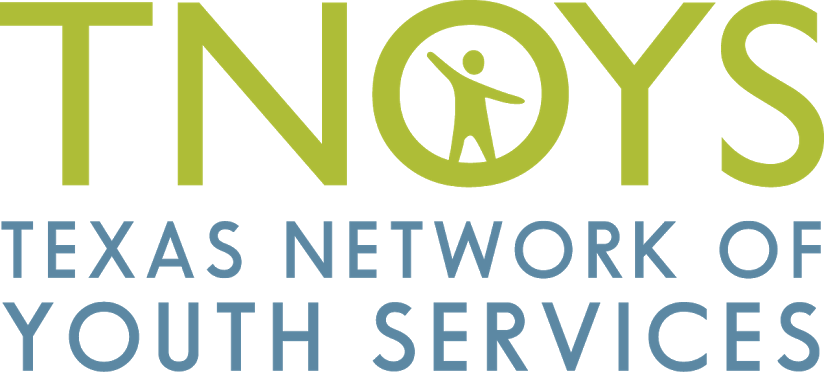The Value of Youth Voice
Youth voice is critical. Youth often know best what they need and how to make services work for them. Empowering youth to speak up and listening to what they have to say can contribute to their resilience and healing from trauma, and often helps make services and solutions stronger and more relevant. Click here to learn more about the research that supports elevating youth voice.
The Challenges of Youth Voice in Court
There are many obstacles that can prevent youth from having their voice heard in court proceedings that impact them, including:
- Accessing transportation
- Conflicts with school, work or other responsibilities
- Fear or lack of understanding of the judicial system
- Challenging behavior as a result of past trauma
However, there are many resources to help youth overcome these challenges — learn about them through our Youth Voice in Court video and the guidance and resources below.
How to Support Youth Voice in Court — and Other Settings!
- Be creative and intentional about creating opportunities for youth voice
- Be open to listening, but also be honest about what you are able to do
- Assure youth that their voice doesn’t have to be perfect
- Introduce youth to the adults in court and fill them in on what is happening so they know what is next
- Encourage youth to use their voices in everyday life so they feel comfortable with it
- Validate when they use their voice and let them see it can have positive outcomes
Solutions and Resources
- TNOYS Youth Engagement Toolkit
- TNOYS Best Practices for Working with Youth (and Adults)
- Texas Child Protection Law Bench Book, Supreme Court of Texas Children’s Commission
- Preparing for a Trauma Consultation in Your Juvenile or Family Court, National Council of Juvenile and Family Court Judges (2015)
- For Judges Handling Child Protection Cases, Judicial Commission (2016)
